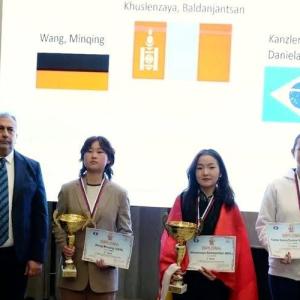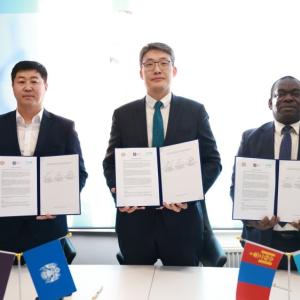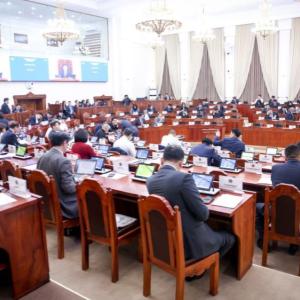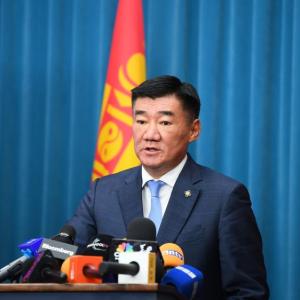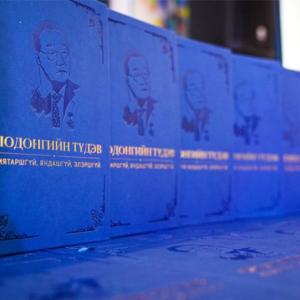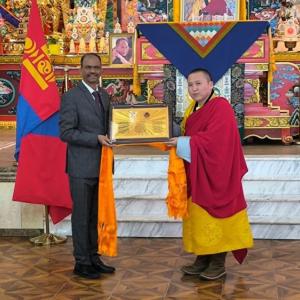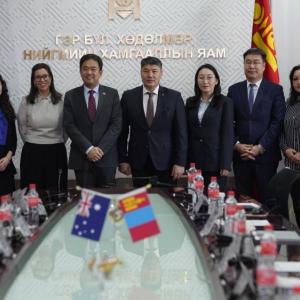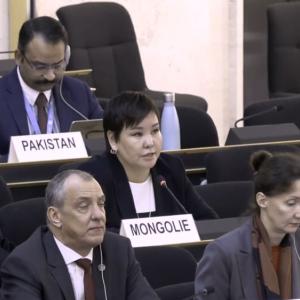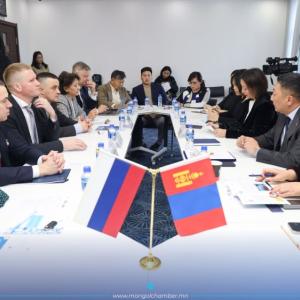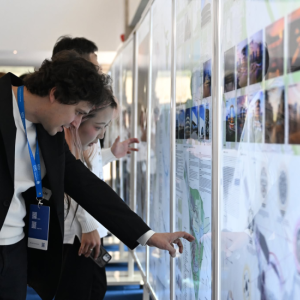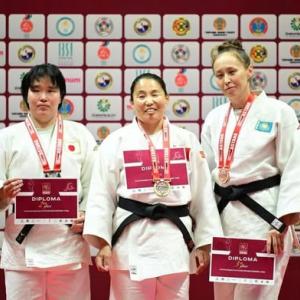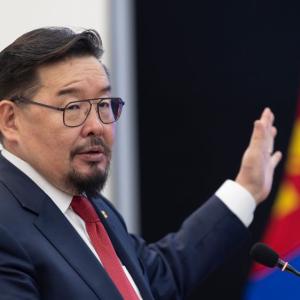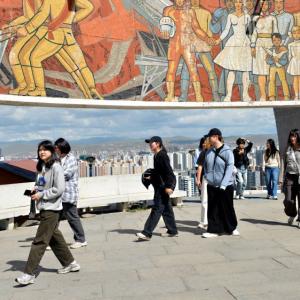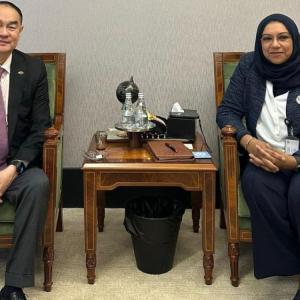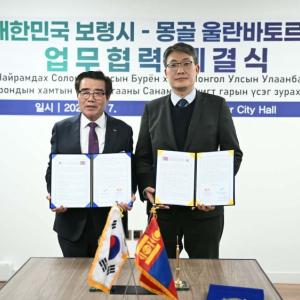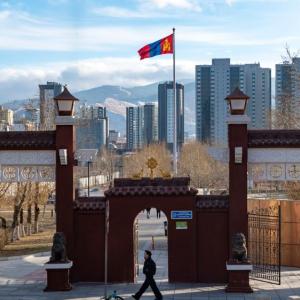Spanish youth literature translated into Mongolian
The Mongol Messenger
- You have already lived two years in Ulaanbaatar together with your family. During this time, you have done a lot. How deeply have you managed to become acquainted with Mongolian literature?
My mother tongue is Spanish. Therefore, since the moment that I knew that we were posted to Mongolia, the first thing I did was to look for Mongolian literature that had been translated into Spanish. Unfortunately, it hardly exists, so my options were limited. Nevertheless, I can also read in other languages and was very happy to see that there is an excellent German translation by Professor Taube of one of the classics of Mongolian literature: “The Secret History of Mongols”. I enjoyed reading it very much, because it provides a primary-source approach to the historic times of Chinggis Khan. I love history, and also had the opportunity to read other classics works (like William of Rubruk's accounts to his journey to the court in Karakorum) that allowed me to deepen my knowledge of Mongolian history. Concerning modern literature, I enjoyed reading Galsan Tschina's works, who writes in German, and provides a very poetic view of Mongolia's incomparable nature and landscapes. More recently I was delighted by the vigour of Mongolian poetry that I could even read in my mother language: the Mongolian Academy of Culture and Poetry, in cooperation with the Spanish Department of the National University, published an anthology of modern Mongol poets translated into Spanish, “Eternal Steppe".
- Mongolians only know Spanish literature through translation. Why have you decided to translate this particular book into Mongolian?
Choosing this book, “Singing Boys”, among all my publications was a decision that I took together with Monsudar Publishing House. It was awarded with the Ala Delta Prize for young literature in Spain, and this circumstance, added to the fact that it unfolds a story quite unknown in Mongolia – the fate of the Vienna Boys Choir in Australia during World War II - made us think that it would raise the interest and curiosity of the Mongolian public.

- Do you have plans to translate other books into Mongolian from Spanish literature?
- You are not just a writer but also a singer. We know that you have sung in Germany in a renowned choir. You have also sung at the opera together with our opera singers. What did you feel, when you sang at the opera here in Ulaanbaatar?
I am very thankful to the State Academy Theater of Opera and Ballet for inviting me to this very special form of cooperation. Music, together with literature, is my centre of interest, so performing in front of the Mongolian public allows me to connect with the country in a similar way than having my books translated into Mongolian. And attending the rehearsals prior to the performances also has given me the chance to experience the wonderful hospitality of the country. I especially liked how everybody engaged in the production –from famous solo singers or conductors, choir members, theatre direction and administration, costume designer and dressmakers, stage director- they all managed to make me feel very welcome as a guest but at the same time treated me like really being part of the whole common effort - just one of them.
- What other cultural plans do you have for the near future?
During my first year in Mongolia I was engaged in writing a novel that kept me quite busy and I am very excited right now about its publication in Spain this winter. One always feels very rewarded when all the hard and lonely work of months or years are finally translated into a book that will arrive to the reader. But of course, when one finishes a book, one is already thinking of the next one. And, once I gathered quite some experiences living in Mongolia, I definitely wanted to write a next book linked with the country. And this is what I am engaged in at the moment.
- As the wife of the ambassador, could you tell us how you manage to do all this?
 Ulaanbaatar
Ulaanbaatar




















